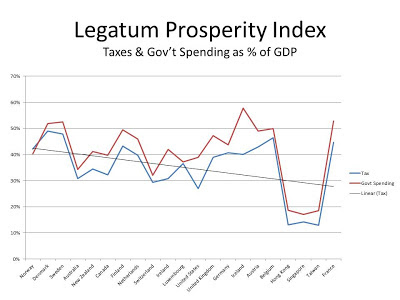I'm done arguing. As part of a new year's experiment (my variant on new year's resolutions) for the next few months, I'm going to make bets instead of arguing.
Arguments have so many problems. They alienate and anger people. They tire spectators on the sideline. They are a way to assert a worldview but more often a worldview that can't be tested but instead can only be tolerated or enjoyed like a familiar story.
By contrast, a bet demands a certain amount of precision and can be proven right or wrong. It demands prediction. And it allows you to quickly silence those who are just playing devil's advocate and merely want to tire you with petty, inconsequential probabilities.
I don't know how this is going to work but here's how I imagine it.
Old world argument ...
"We have the right to bear arms. It's in the constitution."
"But we could put in place some regulations that protect the right to own guns without pretending that anyone anywhere can have any kind of gun."
"Hitler confiscated guns. If you regulate firearms it's not only against the constitution, it makes you just like Hitler. (Plus did you know that he was a vegetarian?)"
"You don't think that gun regulations could help?"
"You can't outlaw guns! That ..."
And so it goes. Tiresome. Imprecise. A mix of rational and irrational claims all tumbled together like turds and chocolate. Here's how I imagine it could go instead.
New world bet ...
"We have to reduce the deficit. And we have to do it with spending cuts because taxes are already too high."
"You think that we can cut military spending and entitlements enough to close a trillion dollar gap?"
"No. We shouldn't cut defense. We should only cut welfare and entitlements."
"Okay. I'll bet you $20 that you can't balance next year's budget without touching the military or raising taxes, listing specific cuts that you honestly believe we should make. And if you win that bet, I bet you $2,000 that you can't get 6 out of 10 random people on the street to agree to your cuts. And if you win that bet, I bet you $100,000 that you can't get your Congressmen or Senator to publicly agree with your cuts. They'll just be too afraid to alienate constituents and would never vote for those cuts."
"What?"
"You have a conviction that we should reduce the deficit and that we don't need to raise taxes to get there. I could say things about how taxes as a percentage of GDP are the lowest they've been in 50 years. I could say that we've never had more retired people as a percentage of the population, thereby driving higher costs for retirement. I could point out that never has it been so expensive to prepare for a career,making education more expensive. I could argue that while people hate how much government costs they mostly agree with the expenses that drive its costs. I could make all sorts of points about how spending can only compress so far but you won't listen to any of it, dismissing me as misinformed and delusional. So instead, here's a chance to either admit that you were wishing government was cheap in the same way that 16 year olds wish that a BMW was affordable or demonstrate the real conviction about your beliefs and cash in on the fact that you are right and I'm wrong. So, which bet do you want?"
"Those are ridiculous bets."
"Well then tell me which of your convictions you'd place money on."
"That's stupid."
"So you don't believe in your own beliefs. Fine by me. What do you think about those Padres?"
"They've got a great, young team."
"So, do you want to bet against me when I say they'll lose the division?"
Now I may be caught up in my own imagination in ways that are unhealthy, but I somehow see this new "bet, don't argue" policy as making life more interesting. Don't believe in climate change? Think that the scientists are wrong and the oil companies, politicians, and talk show hosts are more objective about this topic, have more understanding than the scientists? Fine. Let's bet about the weather over the next decade. I'll bet you $10,000 that big storms and average temps don't go down and $1,000 that they go up. You think that Iran is stupid enough to bomb Israel? I'll bet you that it won't happen over the next decade. And so on.
Also, people with money on the line are more likely to be precise in their arguments than people who have nothing at stake. A bet has to have a measurable outcome: someone wins an election, a poll comes in a certain way, the stock market moves in a particular direction, job creation does or doesn't materialize - and at a certain rate (or not). Among other things, if you can't define the conditions that would enable you to win or lose your bet, you don't really have a coherent argument anyway.
I think this is going to be interesting. I suspect, though, that fewer people are willing to bet than argue. I'm willing to bet on it.


